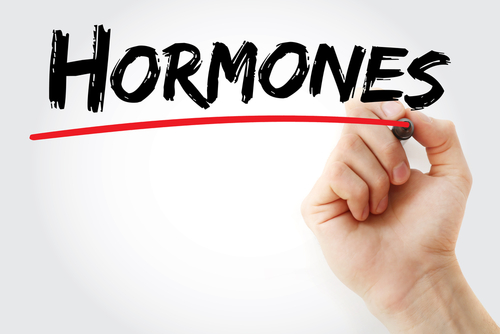Women are at higher risk of developing a range of mental health issues such as depression and anxiety. One contributor is thought to be hormonal changes, as the risks increase periods of hormonal change. This includes:
-
- Puberty
- Pregnancy and postpartum (the highest risk time for women)
- Perimenopause and menopause
- Some women can even develop symptoms premenstrually (called premenstrual dysphoria)
- In rare cases, symptoms can be linked to the let-down reflex during breastfeeding (called dysphoric milk ejection reflex)
- There is also evidence that some hormonal contraception has a link to depression
Of course, it is not as simple as hormones alone causing mental health problems. There are several gendered factors that increase the risk for women, which include:
-
- Cultural and social expectations and pressures. For example, judgement around how women should and shouldn’t behave.
- Gendered violence and trauma (such as sexual assault and domestic violence), which is linked to higher rates of post-traumatic stress, anxiety, and depression.
- Experiencing sexualisation and objectification.
- Gender-specific stress. For example, when women become mothers, major life and identity transitions occur. This can be compounded by increased demands involved in becoming a primary caregiver and typically doing the bulk of the housework (even when both spouses work). Women also tend to shoulder the ‘mental load’, or the mental and emotional labour involved in managing the family household.
These risks are in addition to the general vulnerabilities for mental health issues, which include the following:
-
- Biological vulnerabilities, such as a genetic risk. For example, if depression runs in your family
- Social vulnerabilities, such as lacking supports.
- Psychological vulnerabilities, such as being rigid or perfectionistic.
- Lifestyle contributions, such as a sedentary lifestyle or poor diet
When you consider all of the above, it’s no wonder that women have higher rates of mental health issues. The general vulnerabilities, compounded by gender-specific vulnerabilities, combined with hormonal change may create the ‘perfect storm’ for developing symptoms. Please reach for help if you need it- with support and new skills, it is possible to find your way through the storm.

